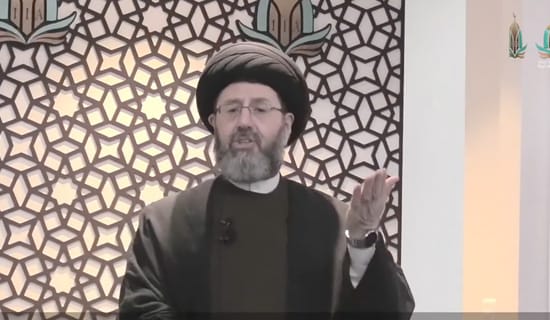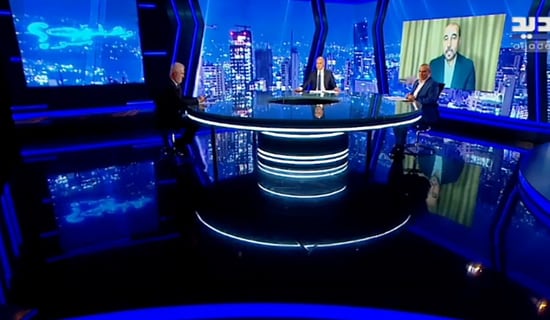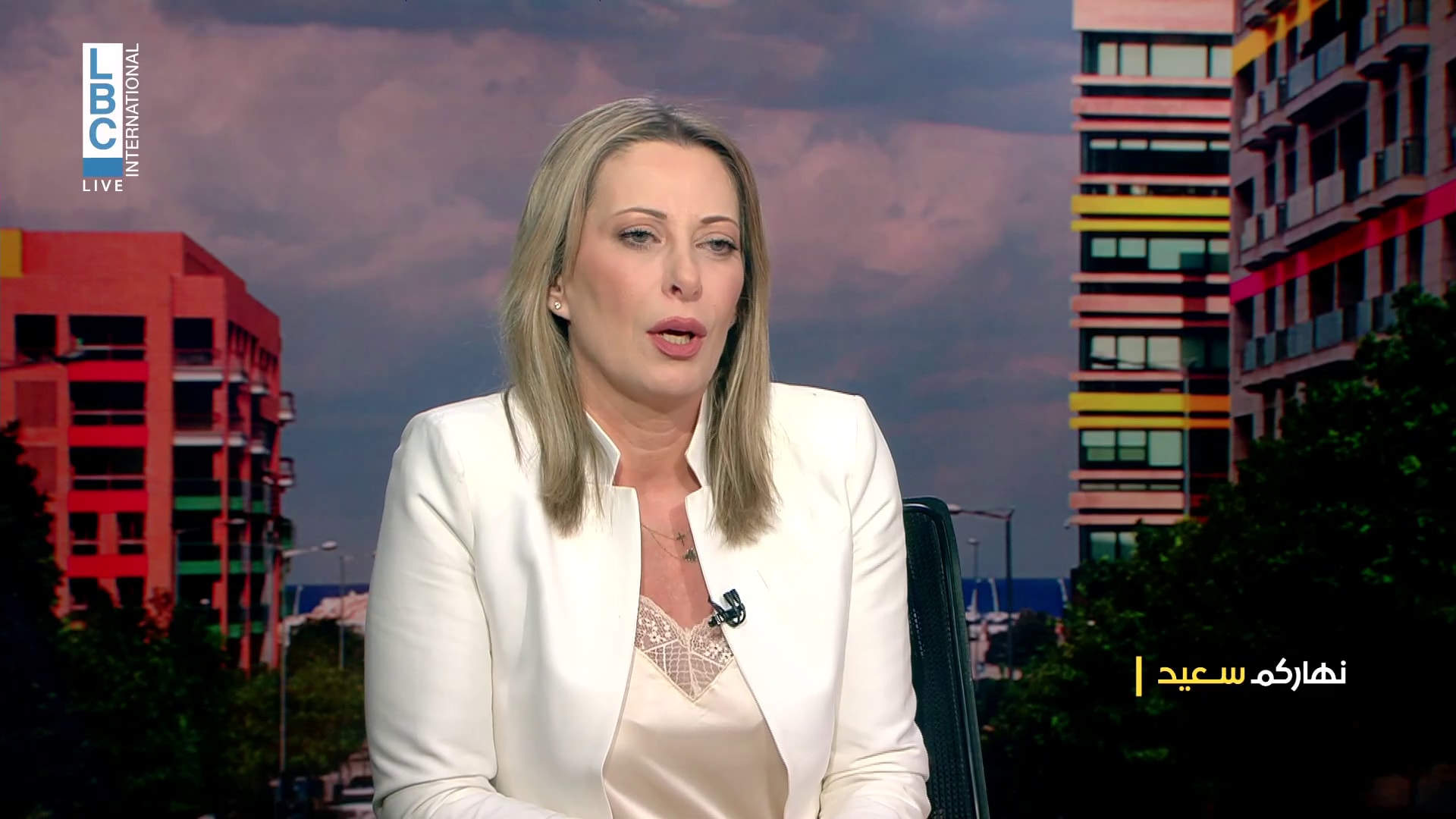
In a recent Al-Jazeera TV interview, Asad Durrani, former Pakistani ambassador and former head of the ISI, the Pakistani intelligence agency, asked whether he believed that Bin Laden was responsible for 9/11, hinted that he had his doubts. Saying that he accepted "the official version," he added: "Hijacking one plane is difficult enough. The synchronized hijacking of four planes... Going and hitting a pinpointed target..." The interview aired on April 10, 2015.
Asad Duranni: "If a ragtag militia of 20,000-25,000 insurgents, with the help of a state, which is considered to be either failing, faltering, or fumbling – like Pakistan…If they can achieve this particular status, then the least that I would expect from an audience like this, in a country where they talk about the spirit of Eton and Harrow, to give the Taliban and their supporters in Pakistan a big applause.
[…]
"This was a big illusion on the part of, let's say, Pakistan. (The Americans) deluded themselves into believing that they were allies, when actually, they were not. Allies have the same objectives - which we did not have. Allies also agree on a certain approach – which we did not."
Interviewer: "It is different to say: 'We are at war.' You used the phrase: 'America and Pakistan are at war.' The reason I bring this up is that it is a funny sort of war in which one side gives the other billions of dollars in aid, and the other side takes the money, pockets it, and then goes and helps the enemies of the people who gave them that cash. That is a weird sort of war."
Asad Duranni: "I think we got less money than we should have."
[…]
Interviewer: "Do you believe, General Durrani, and do you expect the people in this room to believe, that the ISI had no knowledge of where Osama bin Laden was before his death, that bin Laden, who was discovered in 2011 in Pakistan, in Abottabad, in a very large building, in a military town, near a military base, and the ISI had no clue that he was there? Really?!"
Asad Duranni: "'Til today I cannot say exactly what happened, but my assessment – I mean, this is about giving your assessment…My assessment was that it was quite possible that they did not know, but it was more probable that they did. The ideas was that at the right time, his location would be revealed. The right time would have been when you could get the necessary quid pro quo. If you have someone like Osama bin Laden, you are not simply going to hand him over to the United States. The quid pro quo in my mind – and 'til today, I am not going to say that I had known about it, or that I am absolutely sure about it – was that you get your Osama bin Laden, provided that we agree on how to bring the Afghan problem to an end."
Interviewer: "When you say: 'We may have known where he was,' and 'We may have produced him,' does that mean you knew where he is, or you were actually sheltering him, that this is an ISI safehouse?"
Asad Duranni: "If ISI was doing that, I would say that they were doing a good job, and if they revealed his location, they again probably did what was required to be done."
Interviewer: "Are you going to ask us now to give a round of applause to Osama bin Laden as well?"
Asad Duranni: "Except that I do not know what happened."
[…]
Interviewer: "Were you – or dare I say, are you – an admirer of Osama bin Laden?"
Asad Duranni: "As I said, I am not going to (answer), because then I will lose whatever objectivity I can bring to play, I will even lose that. That is why I keep talking about…"
Interviewer: "Your refusal to answer this question might make a few people in this room come to their own conclusions as to what your view is."
Asad Duranni: "They will, in any case, come to their own conclusions. I can see that."
Interviewer: "When you say that he was an admired figure in Pakistan, do you mean because of the Soviet war, or do you mean because of 9/11?"
Asad Duranni: "The first reaction, when 9/11 happened… Plenty of people said: It was time that someone gave a befitting response to the sole surviving superpower. It is getting too big for its boots, and it goes around with its guns blazing wherever it wants. If that was the reaction of so many people, I can understand that some people would be sympathetic to an organization that had the courage and the gumption to stand up to that power."
Interviewer: "Just to be very clear – several polls have been done in Pakistan which found that the number of Pakistanis who believe that bin Laden and Al Qaeda carried out the 9/11 attacks ranges between 3% and 5% of the population. Do you believe that he was responsible for the attack on the Twin Towers?"
Asad Duranni: "I have accepted the official version coming from Washington, from Islamabad, and from most of the capitals. Hijacking one plane is difficult enough. The synchronized hijacking of four planes…Going and hitting a pinpointed target…For 45 minutes, the American Air Force cannot get airborne – even the Pakistani Air Force, within 10-15 minutes, would be able to scramble. These are those things that may not be clear to me – maybe there is an answer, maybe there is an explanation…"
Interviewer: "So you are a bit of what Americans call a 'truther.' What I never get, with conspiracy theorists of 9/11, is that on the one hand, you say bin Laden was courageous, and that America had it coming, and on the other hand, you say that actually, it was an inside job, and it wasn't really the terrorists. You can't have it both ways, surely?"
Asad Duranni: "I'm not saying that, because I do not know enough about it."
[…]
Interviewer: "Are you someone that thinks that it would be better to have military rule in Pakistan than democratic rule?"
Asad Duranni: "Better or not – that I do not know. During the military period, I have seen more stability, better law and order, and better economic development. Institutions have not been developed during that period. The permanent stability that we believe comes with the evolution of a normal process has not come. When that does not happen, I think that people again yearn for military rule."
Interviewer: "Do you prefer military rule in Pakistan to elected government?"
Asad Duranni: "In the last three or four months. Before that I would probably have had a hard time saying military rule is better. Nowadays, in this very difficult period, when one sees so many civilian institutions abdicating their responsibilities…"
Interviewer: "But even when the army is not ruling, you are still calling the shots from behind the scenes, you are not allowing democratic politicians to do… Look, take the example of yourself. In 1990, when you were head of the ISI, you were ordered by the army chief to spend millions in helping to defeat Benazir Bhutto's Pakistan Peoples Party, the PPP. It is fair to say that even when democratic governments are in power in Pakistan, generals like yourself, behind the scenes, are trying to run the show."
Asad Duranni: "Someone quickly read me my rights. I have the right to remain silent, because whatever I say will be used in a court of law."













